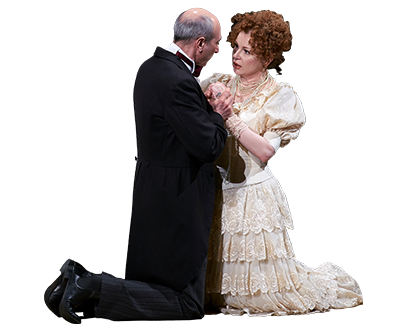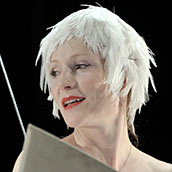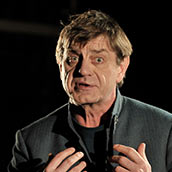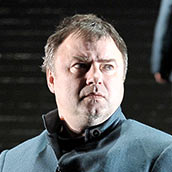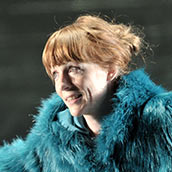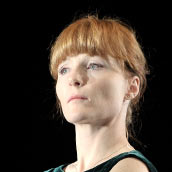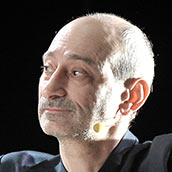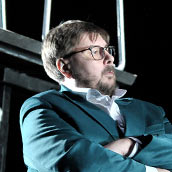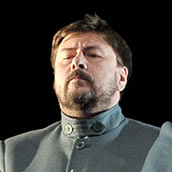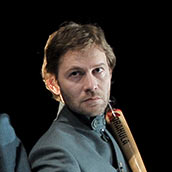Comedy in 3 acts, running time: 2 h, prime January 31, 2017
Last performed July 25, 2019
Last performed July 25, 2019
- Author — Molière
- Director — Christophe Rauck
- Set design — Aurélie Thomas
- Costume design — Coralie Sanvoisin
- Light — Olivier Oudiou
- Sound — Xavier Jacquot
- Translated into Russian by — Valery Bryusov
- Dramaturg — Leslie Six
- Assistant translator — Rimma Guenkina
Subtitles are available in
Molière’s Amphitryon is an adaptation of the play by the ancient Roman playwright Plautus, which told the story of god Jupiter, who drove military commander Amphitryon almost mad, when he appeared in front of Amphitrion’s wife Alcmena in the guise of her husband, and slept with her, the result of which was the birth of future hero Hercules. Molière’s play was written at the time, when the French king Louis XIV was in the middle of his affair with Marquise de Montespan, whose husband was thrown for the time being to the Bastille, so as not to be in the way. The play was usually performed as a lilting comedy about adultery.
For Christophe Rauck, this play is about the limits of freedoms and hierarchy of power. The gods are testing their power over people, manipulating them in the process. When your persona, name, home and family are taken from you, when a god assumes your guise, you are forced to submit. You either go mad, or you accept the outside influence on your fate. The manipulating gods are constantly proving their power over people. And fate here is not equal to the man. The fate is beyond his comprehension, because it’s the subject of divine whims that escape the human understanding. The gods are immoral, and they corrupt the people. The man is never the same after a meeting with god. The man is reduced to ashes by the god’s interference in his fate. Molière discovers a new kind of fear, the fear of losing one’s own persona. This is why the stage set is full of mirrors. The guises are multiplying, and individuality is lost. This production is not about love, it’s about desire, about manipulating the object of desire, and about the vertical of subordination. In this case, the vertical is expanded beyond masters and servants to include the gods. Molière isn’t sentimental, he’s purely social.
Molière’s Amphitryon is the first stage production done at the Fomenko Workshop Theater in collaboration with a guest foreign director. The choice of Christophe Rauck wasn’t accidental. His work was discovered by two of our theater’s leading actresses simultaneously, when in 2010 Comédie Française came to Moscow with a guest performance of Beaumarchais’ The Marriage of Figaro that was staged directed by Rauck. The actresses immediately felt that Christophe’s stage direction was remarkably similar to the signature style of Petr Fomenko. This affinity of two aesthetics allowed us to ponder possible collaboration. In the fall of 2016, the Fomenko Workshop Theater invited Christophe Rauck and his team to organize a number of workshops about the French theater. The result of this collaboration is the stage production of Amphitryon.
The stage production was created with collaboration from Théâtre du Nord (Lille), director Christophe Rauck, and with support from the Institut Français under the auspices of the French Embassy in Russia, and its director Olivier Guillaume.
Project’s curator — Irina Zaitseva
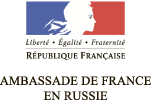

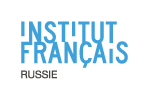
The production is accompanied by Antonio Vivaldi’s Cello Concerto in G-major performed by Sergio Azzolini
For Christophe Rauck, this play is about the limits of freedoms and hierarchy of power. The gods are testing their power over people, manipulating them in the process. When your persona, name, home and family are taken from you, when a god assumes your guise, you are forced to submit. You either go mad, or you accept the outside influence on your fate. The manipulating gods are constantly proving their power over people. And fate here is not equal to the man. The fate is beyond his comprehension, because it’s the subject of divine whims that escape the human understanding. The gods are immoral, and they corrupt the people. The man is never the same after a meeting with god. The man is reduced to ashes by the god’s interference in his fate. Molière discovers a new kind of fear, the fear of losing one’s own persona. This is why the stage set is full of mirrors. The guises are multiplying, and individuality is lost. This production is not about love, it’s about desire, about manipulating the object of desire, and about the vertical of subordination. In this case, the vertical is expanded beyond masters and servants to include the gods. Molière isn’t sentimental, he’s purely social.
- Christophe Rauck:
- Molière is the quintessential French playwright, and I especially love this play. I really wanted to stage direct the Amphitryon. Not the obvious Tartuffe or The Misanthrope, but this. This play is very poetic. I’m fascinated by this vertical — gods — people, authority — regular person.
Molière’s Amphitryon is the first stage production done at the Fomenko Workshop Theater in collaboration with a guest foreign director. The choice of Christophe Rauck wasn’t accidental. His work was discovered by two of our theater’s leading actresses simultaneously, when in 2010 Comédie Française came to Moscow with a guest performance of Beaumarchais’ The Marriage of Figaro that was staged directed by Rauck. The actresses immediately felt that Christophe’s stage direction was remarkably similar to the signature style of Petr Fomenko. This affinity of two aesthetics allowed us to ponder possible collaboration. In the fall of 2016, the Fomenko Workshop Theater invited Christophe Rauck and his team to organize a number of workshops about the French theater. The result of this collaboration is the stage production of Amphitryon.
- Christophe Rauck:
- Theater is one of the last collective arts. The artist is working together with his team. We bring our aesthetics into this. If I was working alone, it wouldn’t be quite my stage production. I mean things like light and sound. We are using a different range and different nuances. When I stage a production, it’s as if I’m using black and white ink, and trace clearly all the details. For the company it’s a journey to a different aesthetics. We are discovering a new country. The Fomenko Workshop’s actors overwhelmed me with their acting. All together, we ended up in a place, where we’ve never been before. We created a new environment, sensually new.
The stage production was created with collaboration from Théâtre du Nord (Lille), director Christophe Rauck, and with support from the Institut Français under the auspices of the French Embassy in Russia, and its director Olivier Guillaume.
Project’s curator — Irina Zaitseva



The production is accompanied by Antonio Vivaldi’s Cello Concerto in G-major performed by Sergio Azzolini
Characters and Cast
- MercuryIvan Verkhovykh
- NightPolina Kutepova
- Jupiter,
in a form of AmphitryonVladimir Toptsov - Amphitryon,
Theban commanderAndrei Kazakov - Alcmene,
Amphitryon's wifeKsenia Kutepova - Cleanthis,
Alcmene's maid, Sosie's wifePolina Kutepova - Sosie,
Amphitryon's valetKaren Badalov - Theban generals
- NaucratesRustem Yuskaev
- PolidasOleg Lyubimov
- PosiclesRustem Yuskaev
- ArgatiphontidasOleg Lyubimov
La Fontaine’s fable The Wolf and the Lamb translated by Ivan Krylov is read by Madlen Dzhabrailova
Video
- Kapustnik, part 1. Performances from sixty-sixth to twenty-ninth, January 13, 20190.00 Мб, 01:09:45
- Report about the income of theaters in the program of Gregory Zaslavsky «Cult//Tourism», Mir TV, November 18, 2018222.87 Мб, 00:05:57
- The program «Three stories with a Foreword» sums up the last season, Radio Russia, 3rd of September 2017169.06 Мб, 00:17:20
- «Amphitryon», video on tour in France by Tatyana Deshko, May 2017543.58 Мб, 00:05:22
- Karen Badalov in «The main role», TV Culture, 7th of March 2017554.92 Мб, 00:14:56
Показать все
- «Amphitryon», the premiere. «Moscow 24», 1st of March 2017141.31 Мб, 00:03:11
- «Amphitryon», the premiere. RBK-TV, 16th of February 201739.32 Мб, 00:00:51
- «Amphitryon», the premiere. «Cultural exchange», Mir 24, 14th of February 201781.56 Мб, 00:02:43
- «Amphitryon», teaser of the performance156.83 Мб, 00:01:49
- Christophe Rauck in «The Cultural News», TV Culture, 4th of February 2017245.13 Мб, 00:06:36
- «Amphitryon», the premiere. «Theatre with Evgeniya Smurygina», Business FM, 2nd of February 2017270.23 Мб, 00:02:20
- «Amphitryon», the premiere. «City of News», TVC, 1st of February 2017162.53 Мб, 00:03:40
- «Amphitryon», the premiere. TV Culture, 1st of February 2017127.77 Мб, 00:03:25
Archive
- 1000 and 1 Nights
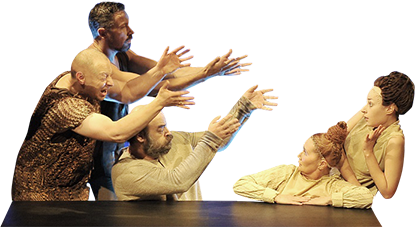
- A Modern Idyll
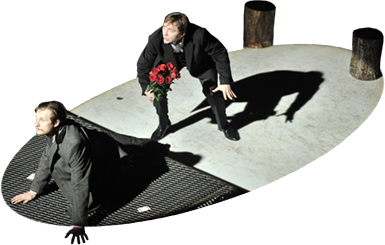
- A Month in the Country
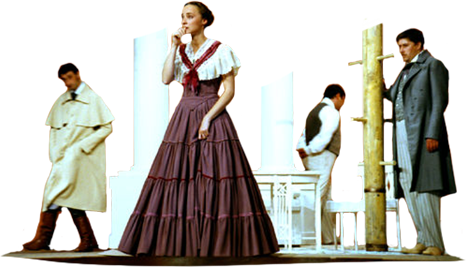
- A Puppet Show
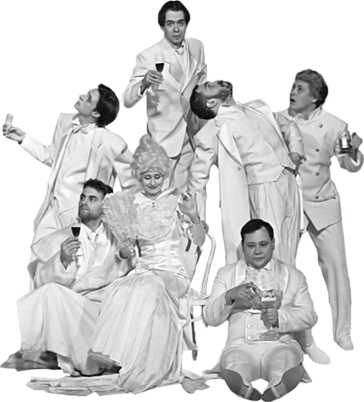
- A Russian on a Rendezvous
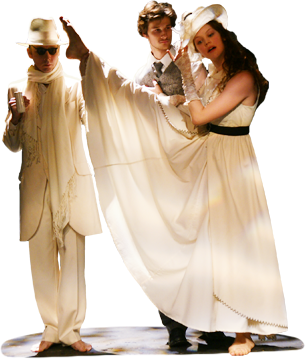
- Afterplay
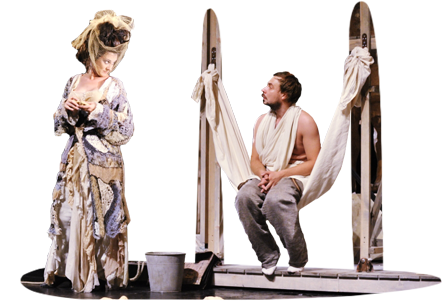
- Amphitryon
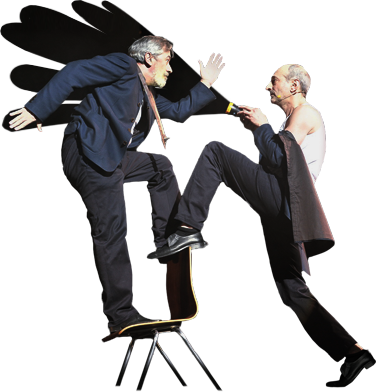
- Barbarians
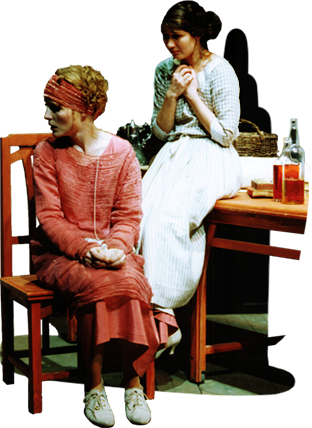
- Beyond the wind
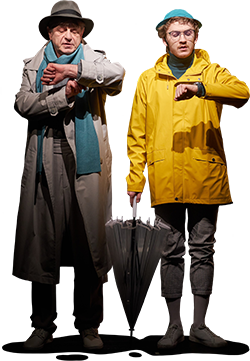
- Captain Fracasse
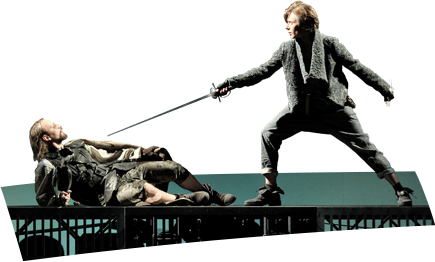
- Chichikov. Dead Souls, Part Two
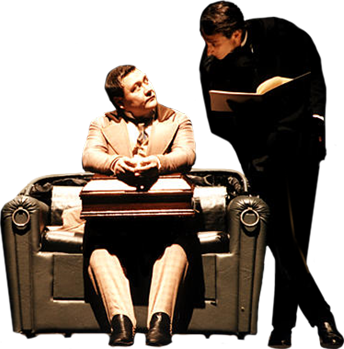
- Damned North
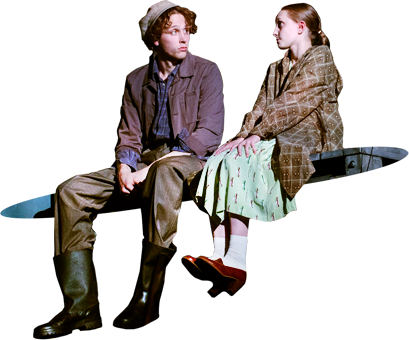
- Dancing at Lughnasa
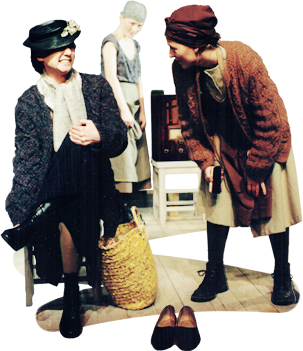
- Egyptian nights (2002)
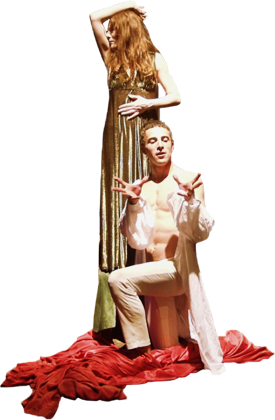
- Encounters in the Universe of Good-byes
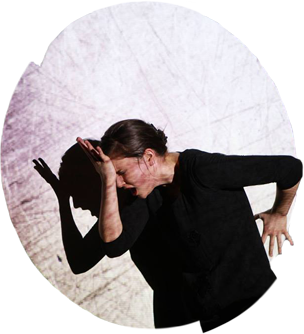
- Forgive us Jean-Baptiste (Jourdain-Jourdain)
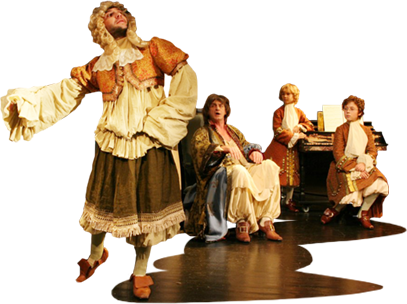
- Heartbreak House
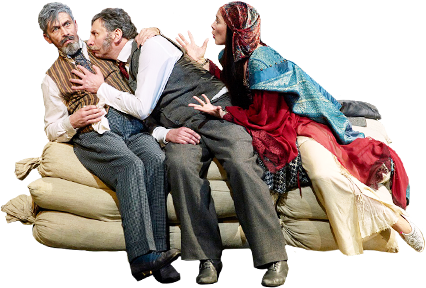
- Hedda Gabler
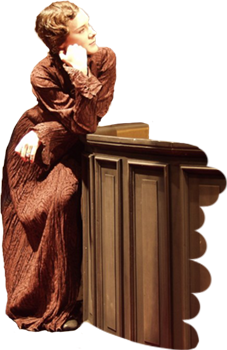
- Mahagonny
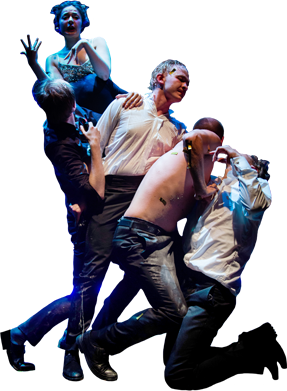
- Olympia
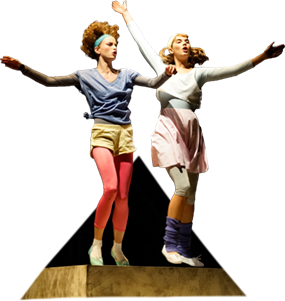
- Rhinoceros
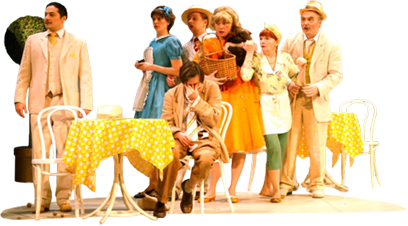
- Sailors and Whores
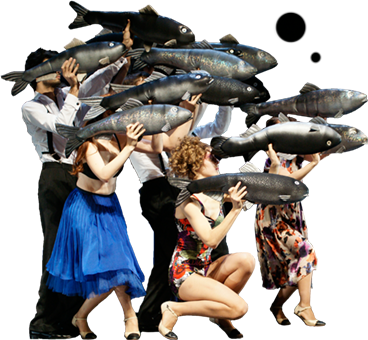
- Seventh feat of Hercules
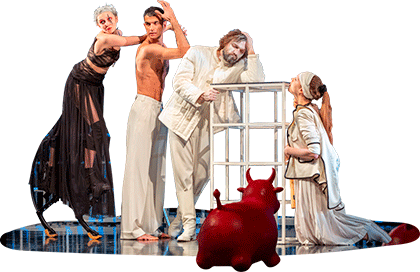
- Spaniards in Denmark
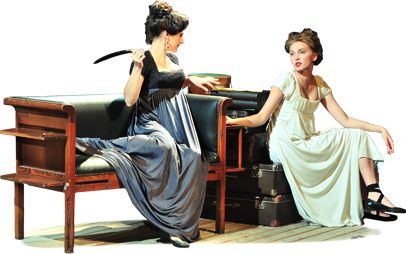
- Tanya-Tanya
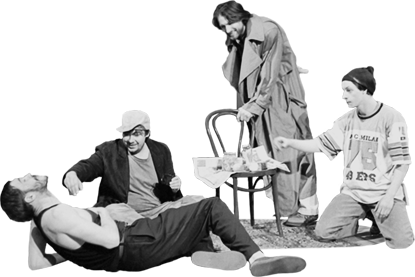
- The Adventure
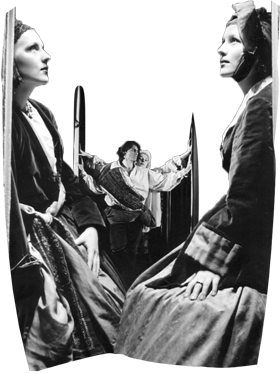
- The Ark

- The Gift
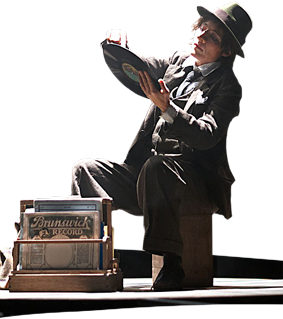
- The Importance of Being Earnest
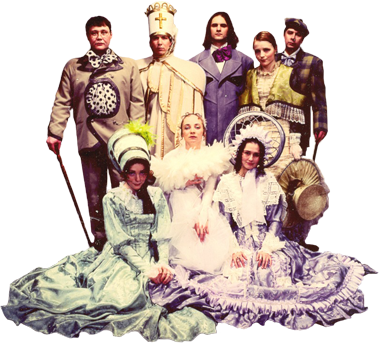
- The Madwoman of Chaillot (2002)
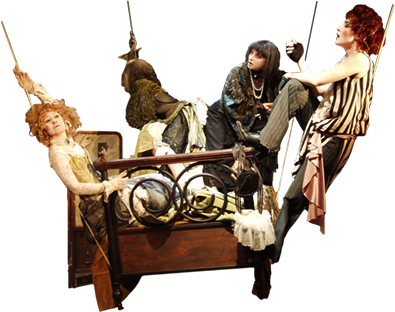
- The Moth
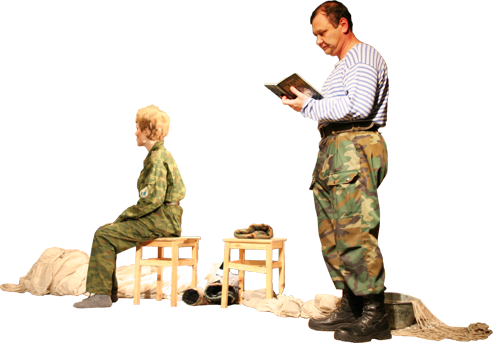
- The Mountain Giants
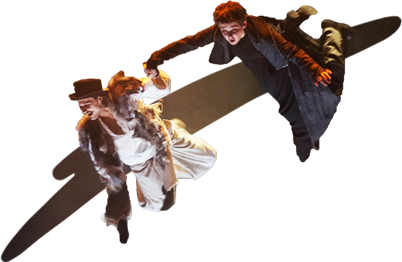
- The Poisoned Tunic
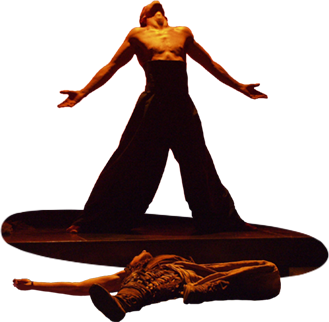
- The Poplars
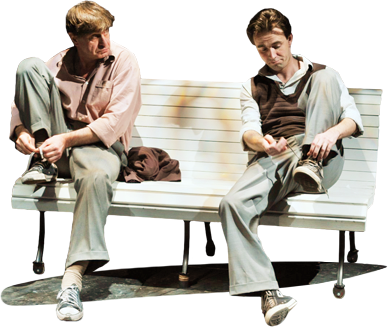
- The Sound and the Fury
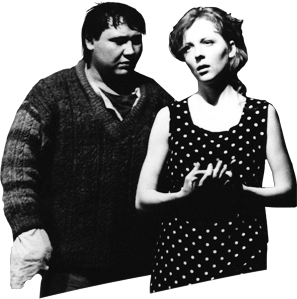
- The way to the heart
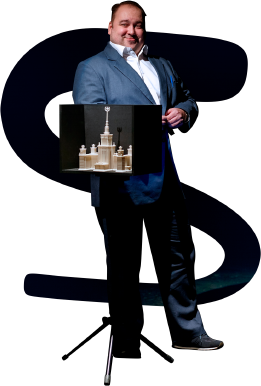
- Three Sisters
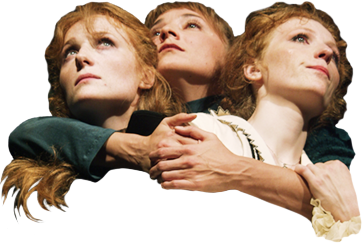
- Twelfth Night
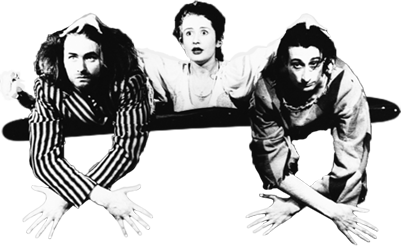
- Ulysses
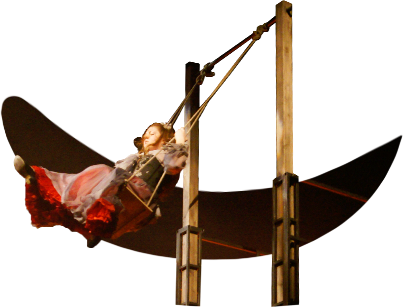
- Vladimir of the Third Class
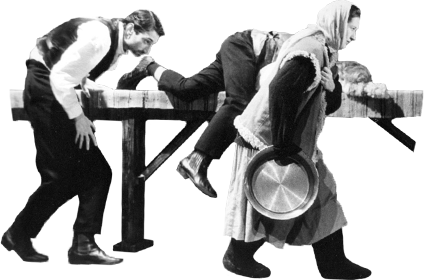
- Volemir
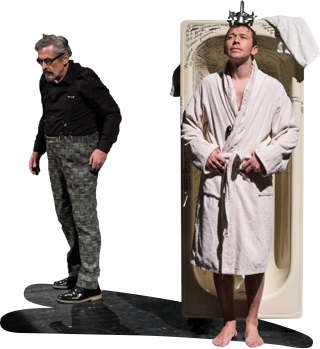
- What a Pity
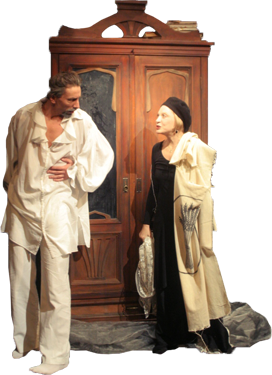
- White Nights
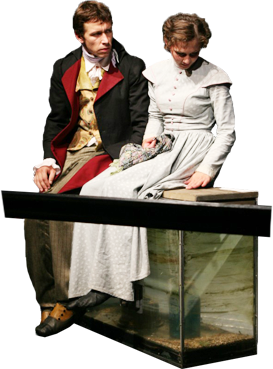
- Wolves and Sheep
